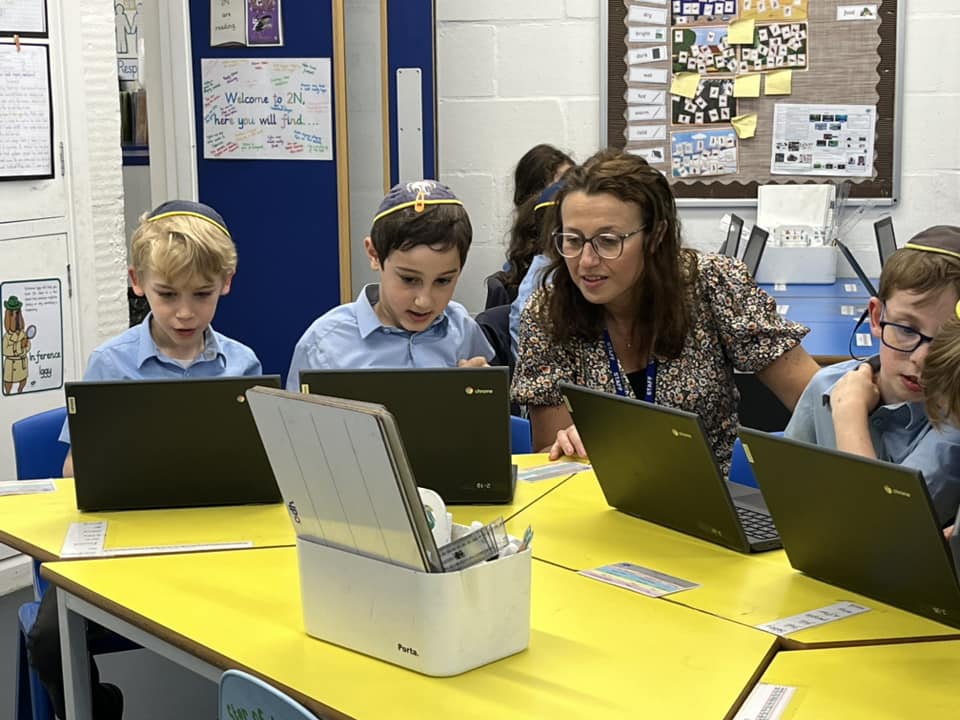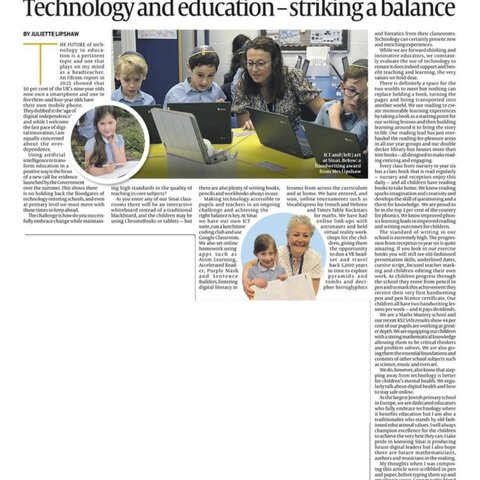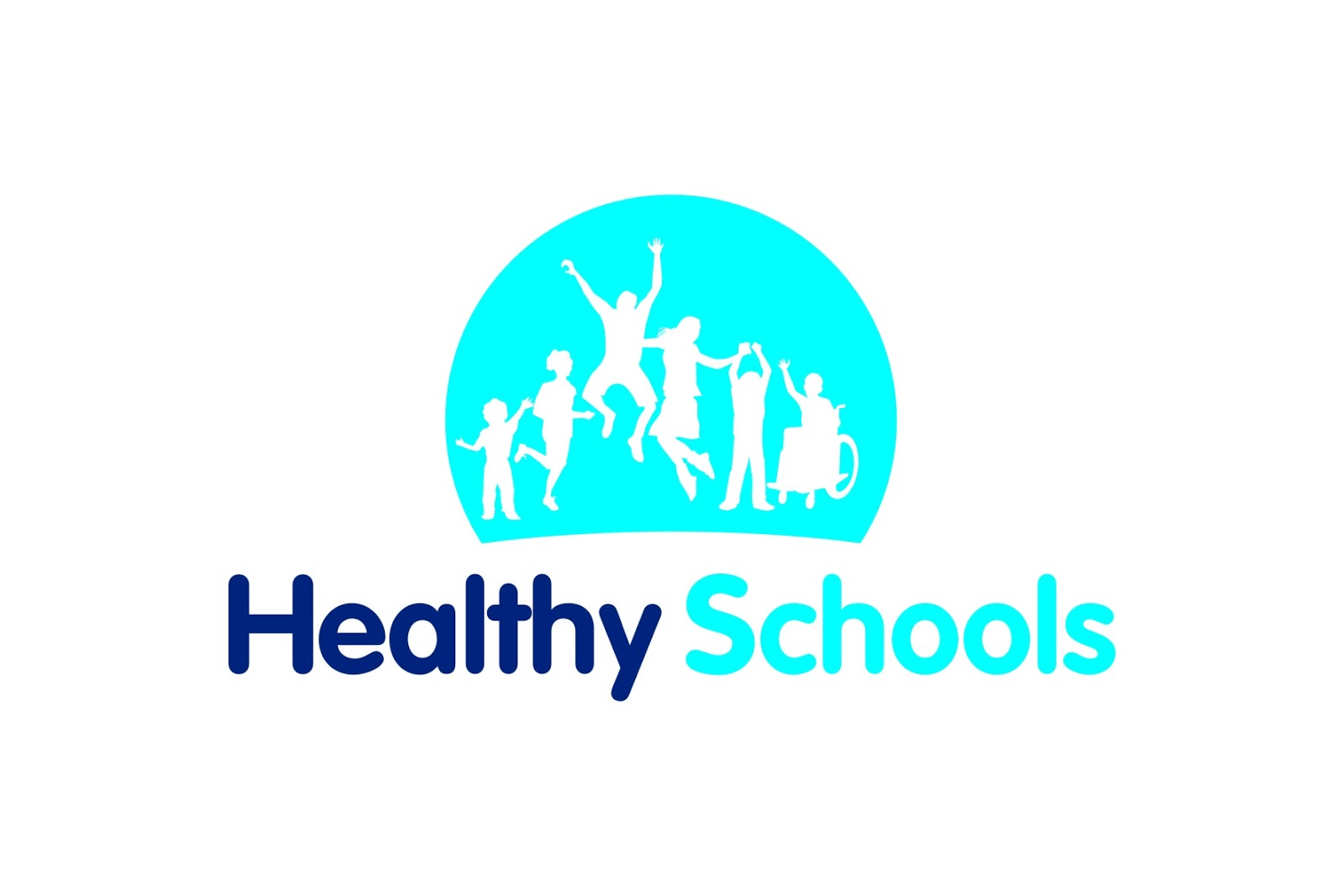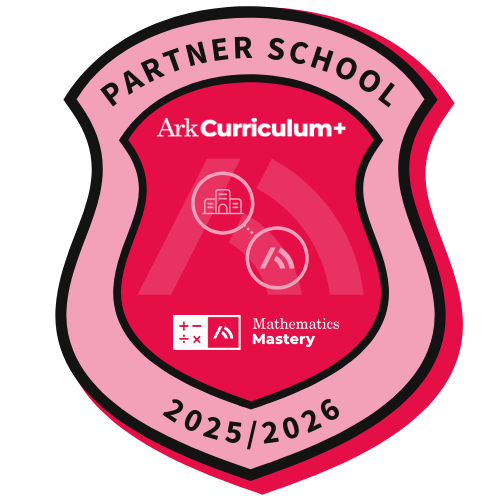
The future of technology in education is a pertinent topic and one, as a Headteacher, that plays on my mind. An Ofcom report in 2023 showed that 50% of the UK’s 9-year olds now own a smartphone and 1 in 5 three- and four-year olds have their own mobile phone. They dubbed it the ‘age of digital independence’, and whilst I welcome the fast pace of digital innovation, I am equally concerned about the over dependence.
Using artificial intelligence to transform education in a positive way is the focus of a new call for evidence launched by the Government over the summer. This shows there really is no holding back the floodgates of technology entering schools, and even at primary level we must move with those times to keep ahead. The challenge is how do you successfully embrace change whilst still maintaining high standards in the quality of teaching in core subjects?
As you enter any of our Sinai classrooms there will be an interactive whiteboard instead of a traditional blackboard, and the children may be using ChromeBooks or tablets - but there are also plenty of writing books, pencils and workbooks always in use.
Making technology accessible to pupils and teachers in an ongoing challenge and achieving the right balance is key. At Sinai we have our own ICT suite, run a lunchtime coding club and use Google Classrooms. We also set online homework using apps such as Atom Learning, Accelerated Reader, Purple Mash and Sentence Builders, fostering digital literacy in lessons from across the curriculum and at home.
We have entered, and won, online tournaments such as VocabExpress for French and Hebrew and Times Table Rockstars for Maths.
We have done online link ups with astronauts and have held virtual reality workshops for the children, giving them the opportunity to don a VR headset and travel back 5,000 years in time to explore pyramids and tombs and decipher hieroglyphics and hieratics from their classrooms. Technology can certainly present new and enriching experiences.
Whilst we are forward thinking and innovative educators we constantly evaluate the use of technology to ensure that it does indeed support and benefit teaching and learning, the very values we hold dear.
There is definitely a space for the two worlds to meet but nothing can replace holding a book, turning the pages and being transported into another world. We use reading to create memorable learning experiences by using a book as a starting point for our writing lessons and then building learning around it to bring the story to life. Our Reading Lead has just overhauled the Reading for Pleasure areas in all our year groups and our double decker Library Bus houses over 600 books – all designed to make reading enticing and engaging.
Every class from Nursery to Year 6 has a class book that is read regularly - Nursery and Reception enjoy this daily - and all children have reading books to take home. We know that reading sparks imagination and creativity and develops the skill of questioning and a thirst for knowledge. We are proud to be in the top 3% of the country for Phonics. We know that improved Phonics learning leads to improved reading and writing outcomes for children.
The standard of writing in our school is extremely high. The progression from Reception to Year 6 is quite amazing. If you look in our exercise books you will still see old-fashioned presentation skills, underlined dates, cursive script, focused teacher marking and children editing their own work. As children progress through the school they move from pencil to pen and to mark this achievement they receive their very first handwriting pen and pen licence certificate. Our children all have two handwriting lessons per week – and it pays dividends.
We are a Maths Mastery school and our recent KS2 SATs results show that 44% of our pupils are working at Greater Depth. We are equipping our children with a strong mathematical knowledge allowing them to be critical thinkers and problem solvers. We are also giving them the essential foundations and contents of other school subjects such as Science, Music and even Art.
We do however also know that stepping away from technology is better for children’s mental health. We regularly talk about digital health and how to stay safe online.
As the largest Jewish primary school in Europe, we are dedicated educators who fully embrace technology where it benefits education but I am also a traditionalist who stands by old fashioned educational values. I will always champion excellence for the children to achieve the very best they can. I take pride in knowing Sinai is producing future digital leaders but I also hope there are future Mathematicians, authors and musicians in the making.
My thoughts when I was composing this article were scribbled in pen and paper, before typing them up and emailing it across. Long may this blend of the two worlds continue…
Written by Mrs Lipshaw, Headteacher
Jewish Chronicle Education Supplement



.jpeg)

.jpg)


.jpg)
